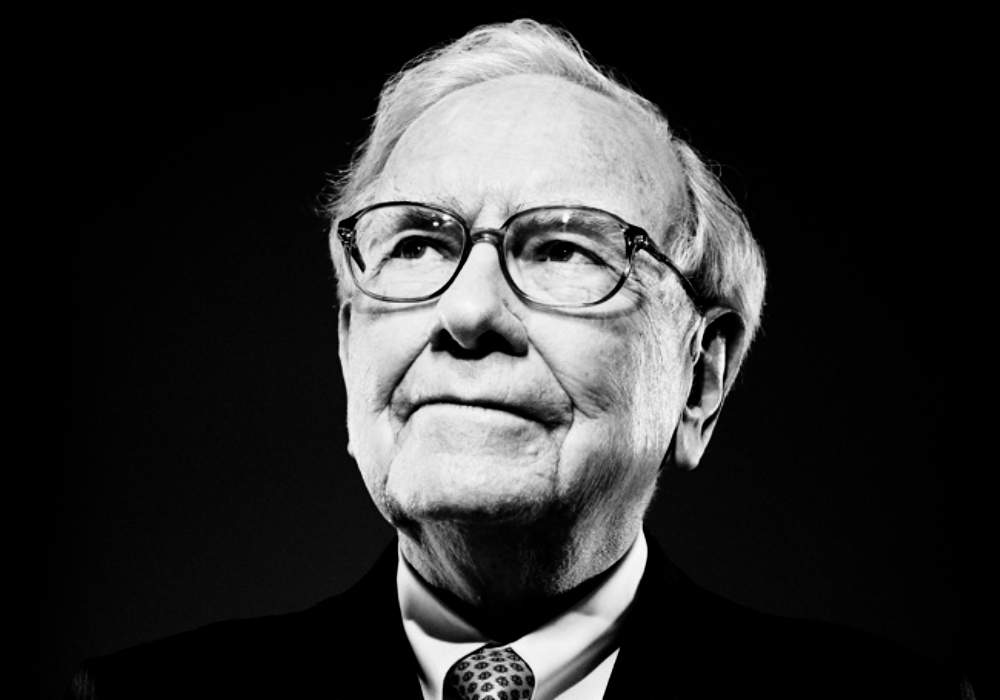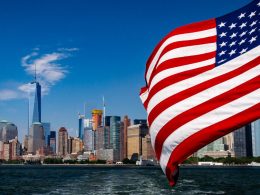by Bob Doll, Chief Equity Strategist, Fundamental Equities, BlackRock
 The preponderance of the economic and market-related news skewed to the negative last week, with an additional earthquake in Japan, rising oil prices, an interest rate hike by the European Central Bank (ECB), escalating debt problems in Europe and increasing noise about the since-averted potential federal government shutdown. Despite this backdrop, however, US equities remained resilient and were roughly flat for the week, with the Dow Jones Industrial Average up marginally to 12,380, the S&P 500 Index down 0.3% to 1,328 and the Nasdaq Composite down 0.3% to 2,780.
The preponderance of the economic and market-related news skewed to the negative last week, with an additional earthquake in Japan, rising oil prices, an interest rate hike by the European Central Bank (ECB), escalating debt problems in Europe and increasing noise about the since-averted potential federal government shutdown. Despite this backdrop, however, US equities remained resilient and were roughly flat for the week, with the Dow Jones Industrial Average up marginally to 12,380, the S&P 500 Index down 0.3% to 1,328 and the Nasdaq Composite down 0.3% to 2,780.
Rising oil prices clearly represent a potential risk to global economic growth and to the ongoing bull market in equities. Much of the recent rise in oil prices can be attributed to an increased event-risk premium added to markets by investors and speculators based on widening turmoil in the Middle East rather than to a change in real supply and demand dynamics. Our expectation is that oil prices should come back down when geopolitical risks ease. Of course, no one knows when that might happen, meaning that short-term risks will likely keep oil prices elevated for now.
The news last week that the ECB raised rates did not come as a surprise, but it nevertheless makes for a more difficult credit environment. The rate hike, in our view, increases the potential risks of a “hard landing” among some of the euro-area debt issues and adds to the near-term uncertainty in global markets.
Also in the news last week, of course, was the potential of a government shutdown, which was narrowly averted by a last-minute compromise on Friday evening. During all of the debates over the last weeks and months, it has become clear that dialogue is focused not on whether to cut spending but by how much to cut and where. It appears that lawmakers are gearing up for some real entitlement and tax reform. We are skeptical whether there is a chance of actual legislation being passed before the 2012 elections, but there will certainly be a lot of talk about it.
Taking a couple of steps back and reviewing the last several months, it appears that the macro backdrop has been a very difficult one. So far, 2011 has been marked by a serious and costly natural disaster in Japan, escalating social unrest across the Middle East and North Africa that has triggered a civil war in Libya, an oil price surge of around $20 a barrel, a failed austerity compromise in Portugal that resulted in the collapse of the government, and rising political tensions in the United States that came close to shutting down the government. Despite all of that, US equities climbed close to 6% in the first quarter of the year, their best start in over a decade.
It seems that, at least so far, US markets have been relatively immune to all of the ongoing negative macro issues, and investors would be right to question why that is. Our answer would be that the fundamentals of improving economic growth and accelerating corporate earnings have outweighed the negative risks. From an economic perspective, the United States has now been through seven consecutive quarters of recovery, and although credit issues remain, consumers, corporations and even banks have all been contributing to a healthier economic backdrop. It also looks like employment may have turned the corner, which will go a long way toward helping the economy transition into a self-sustaining expansion. The earnings backdrop has also been solid, which has helped stocks produce impressive returns to date.
From our perspective, this trend of short-term risks being less important than stronger longer-term fundamentals is likely to continue. We would not be surprised to see some sort of consolidation in equity markets (particularly if oil prices remain elevated) but we also believe that equities continue to look attractive compared to bonds and cash.
About Bob Doll
Bob Doll is Chief Equity Strategist for Fundamental Equities at BlackRock® a premier provider of global investment management, risk management and advisory services. Mr. Doll is also Lead Portfolio Manager of BlackRock's Large Cap Series Funds. Prior to joining the firm, Mr. Doll was President and Chief Investment Officer at Merrill Lynch Investment Managers.
Sources: BlackRock; Bank Credit Analyst. This material is not intended to be relied upon as a forecast, research or investment advice, and is not a recommendation, offer or solicitation to buy or sell any securities or to adopt any investment strategy. The opinions expressed are as of April 11, 2011, and may change as subsequent conditions vary. The information and opinions contained in this material are derived from proprietary and nonproprietary sources deemed by BlackRock to be reliable, are not necessarily all-inclusive and are not guaranteed as to accuracy. Past performance is no guarantee of future results. There is no guarantee that any forecasts made will come to pass. Reliance upon information in this material is at the sole discretion of the reader. Investment involves risks. International investing involves additional risks, including risks related to foreign currency, limited liquidity, less government regulation and the possibility of substantial volatility due to adverse political, economic or other developments. The two main risks related to fixed income investing are interest rate risk and credit risk. Typically, when interest rates rise, there is a corresponding decline in the market value of bonds. Credit risk refers to the possibility that the issuer of the bond will not be able to make principal and interest payments. Index performance is shown for illustrative purposes only. You cannot invest directly in an index.
Copyright © BlackRock











